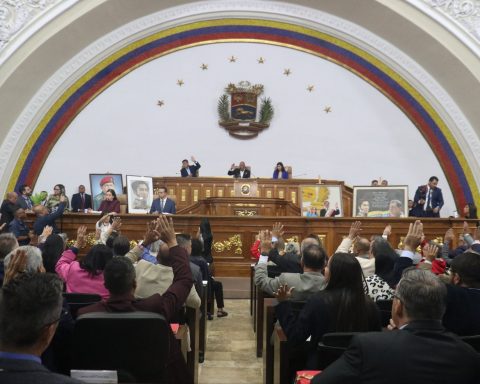Enrique Mendez
Newspaper La Jornada
Monday, April 11, 2022, p. 13
The National Political Council of the Institutional Revolutionary Party (PRI) ordered its 71 deputies to vote against the electricity reform and, in an allusive message, Alejandro Moreno affirmed that the unity of the bench prevails, even when from power a campaign was orchestrated to divide and put the party as the link through which the opposition chain was going to burst
.
On April 5, President Andrés Manuel López Obrador called on PRI members to rebel and vote in favor of his initiative. Yesterday, at the national headquarters of the tricolorMoreno Cárdenas replied that The PRI is not a party of rebels who compromise their reputation due to the temptations of power; it’s a party of loyalists
.
The resolution was made during a quick semi-face-to-face session that was coordinated from the presidents’ room of the national headquarters and in which governors who are party advisers also participated.
With this determination, which sets a precedent for future decisions of the party benches, the legislator who votes in favor of the reform or is absent from the session runs the risk of being expelled.
investments of billions of dollars
In his statement before the council, Moreno Cárdenas maintained that the unity of the PRI is demonstrated against this reform initiative presented by the head of the Executive
and that, he argued, could affect the investments that companies have made since the changes of 2013, in the six-year term of Peña Nieto.
Is about committed investments in billions of dollars, which could be subject to litigation with the Mexican government and violate agreements contained in the Treaty between Mexico, the United States and Canada
.
He stated that, after months of speculation about the PRI vote, now we made it clear that the PRI has a firm position, around which we will all march together in unity. A position against the destruction of the country, of everything that the PRI has built and helped build for the energy industry
.
He said that the reform it has been wanted to be sold as generic for the people, who would end up paying more for electricity, and would limit free competition by compromising more than 50 percent of the market for the Federal Electricity Commission, without commissions and independent regulatory bodies
.

















